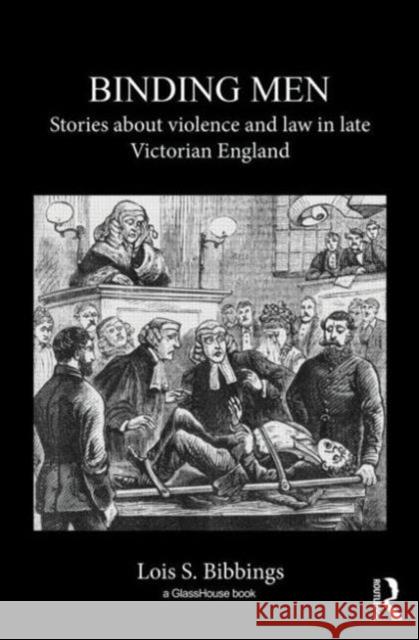Binding Men: Stories about Violence and Law in Late Victorian England » książka
Binding Men: Stories about Violence and Law in Late Victorian England
ISBN-13: 9781904385417 / Angielski / Twarda / 2014 / 202 str.
Binding Men: Stories about Violence and Law in Late Victorian England
ISBN-13: 9781904385417 / Angielski / Twarda / 2014 / 202 str.
(netto: 699,68 VAT: 5%)
Najniższa cena z 30 dni: 705,23
ok. 16-18 dni roboczych.
Darmowa dostawa!
Binding Men tells stories about men, violence and law in late Victorian England. It does so by focusing upon five important legal cases, all of which were binding not only upon the males involved but also upon future courts and the men who appeared before them.
The subject matter of Prince (1875), Coney (1882), Dudley and Stephens (1884), Clarence (1888) and Jackson (1891) ranged from child abduction, prize-fighting, murder and cannibalism to transmitting gonorrhoea and the capture and imprisonment of a wife by her husband. Each case has its own chapter, depicting the events which led the protagonists into the courtroom, the legal outcome and the judicial pronouncements made to justify this, as well as exploring the broader setting in which the proceedings took place. In so doing, Binding Men describes how a particular case can be seen as being a part of attempts to legally limit male behaviour.
The book is essential reading for scholars and students of crime, criminal law, violence, and gender. It will be of interest to those working on the use of narrative in academic writing as well as legal methods. Binding Men s subject matter and accessible style also make it a must for those with a general interest in crime, history and, in particular, male criminality."
Binding Men investigates nineteenth century notions of masculinity. It examines a number of nineteenth century criminal cases, focusing upon theoretical themes relating to masculinity and the state in order to offer a way of reading past decisions as well as a means of analyzing nineteenth century attitudes in society and the courts.
Of the cases selected some are still binding upon English and Welsh courts today, others are first instance decisions and a few attracted a great deal of sensation when they were heard. Of these the most well-known are R v Dudley and Stevens (murder, necessity and cannibalism), R v Boulton (crossing dressing), R v Coney (prize-fighting) and R v Crippen (the trial of Dr Crippen).
This book combines traditional legal analysis with a more socio-legal and social historical approach. Drawing upon a variety of sources including trial transcripts, law reports, official correspondence and newspaper stories, Binding Men unpicks the narratives of masculinity which the cases tell.











